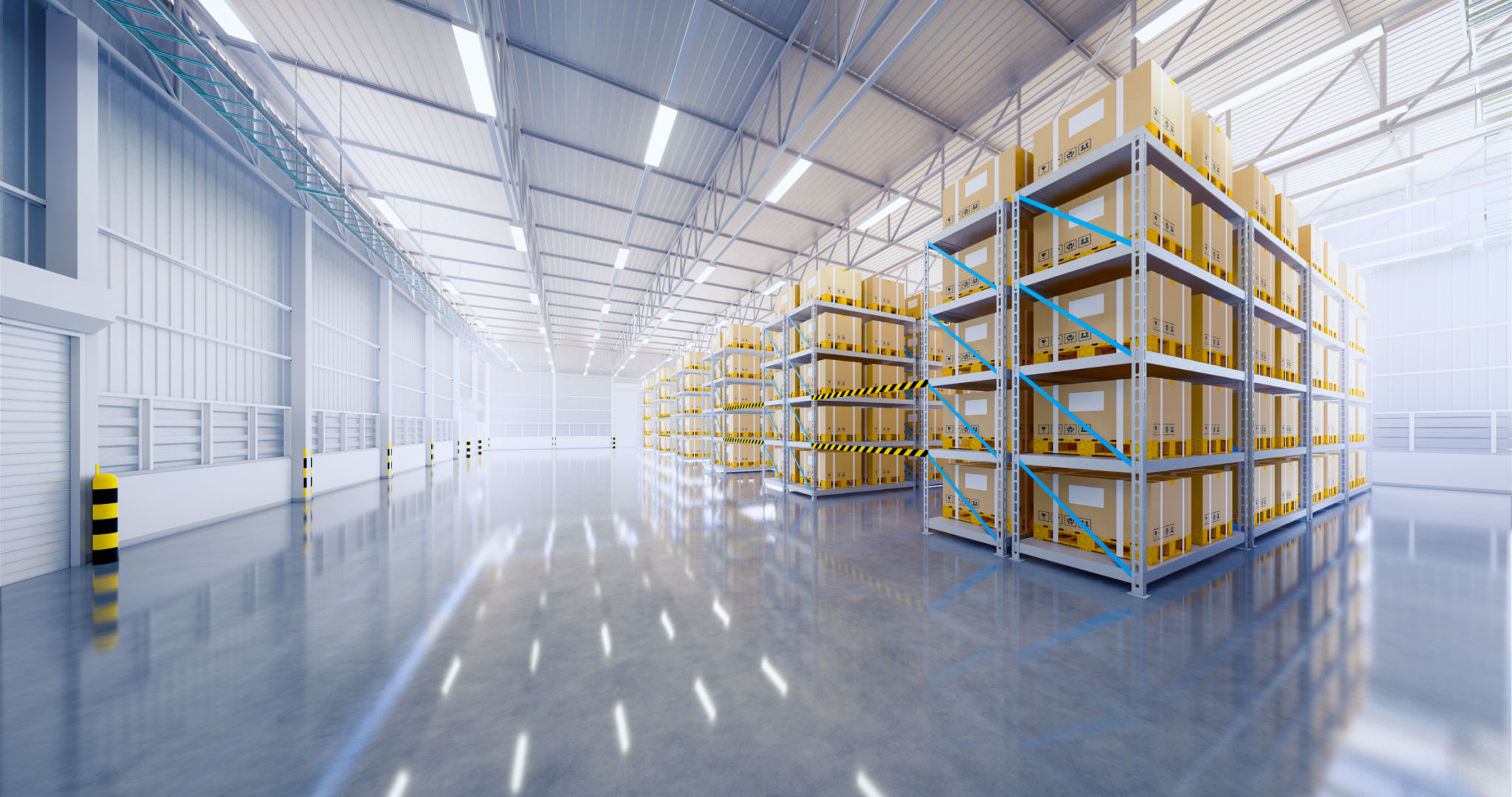Navigating the Pallet Industry: Key Trends and Innovations
Understanding the Current Landscape of the Pallet Industry
The pallet industry serves as a crucial backbone for global logistics and supply chains. With its importance in efficiently moving goods, the industry has been witnessing significant transformations. From sustainability practices to technological advancements, the trends shaping this sector are noteworthy for both industry insiders and businesses relying on pallet services.

Embracing Sustainability
Sustainability has emerged as a key focus in the pallet industry. Companies are increasingly adopting eco-friendly practices to minimize their environmental footprint. This includes using recycled materials for manufacturing pallets, implementing efficient recycling programs, and exploring biodegradable alternatives. By prioritizing sustainability, businesses not only contribute to environmental conservation but also appeal to a growing base of eco-conscious consumers.
In addition to material innovations, there is a concerted effort to improve the lifecycle management of pallets. Companies are employing strategies such as repair and reuse programs to extend the lifespan of their products, thereby reducing waste and conserving resources.
Technological Advancements and Automation
The integration of technology is revolutionizing the way pallets are managed and utilized. Automation in pallet manufacturing and handling processes has led to increased efficiency and reduced operational costs. Robotics and automated guided vehicles (AGVs) are now commonplace in warehouses, facilitating seamless movement and storage of pallets with minimal human intervention.

Moreover, the use of IoT (Internet of Things) technology is transforming pallet tracking and management. Smart pallets equipped with sensors provide real-time data on factors like location, temperature, and humidity, ensuring better inventory management and reducing the risk of damage to goods.
Innovations in Pallet Design
Pallet design is evolving to meet the demands of modern logistics. Lightweight and durable designs are becoming popular, offering cost savings in transportation while maintaining strength and reliability. Innovations such as nestable and stackable pallets optimize space usage in storage and transit.
Customizable pallets are also gaining traction, allowing companies to tailor designs based on specific requirements. This flexibility enhances efficiency and can lead to significant cost reductions by optimizing load configurations.

Challenges and Opportunities
While the pallet industry is progressing, it faces several challenges. Supply chain disruptions and fluctuating raw material costs can impact production and availability. However, these challenges also present opportunities for innovation and growth. By adopting agile strategies and investing in research and development, companies can navigate these hurdles effectively.
The rise of e-commerce presents another opportunity for the pallet industry. As online shopping continues to grow, the demand for efficient logistics solutions increases. Pallet companies that can adapt to this shifting landscape stand to benefit significantly.
Conclusion: The Road Ahead
The pallet industry is at a pivotal point of transformation, driven by sustainability, technology, and innovation. By staying informed about these trends and embracing change, stakeholders can position themselves for success in an evolving market. As we look to the future, the focus will remain on creating more efficient, sustainable, and adaptable solutions to meet the demands of a dynamic global economy.